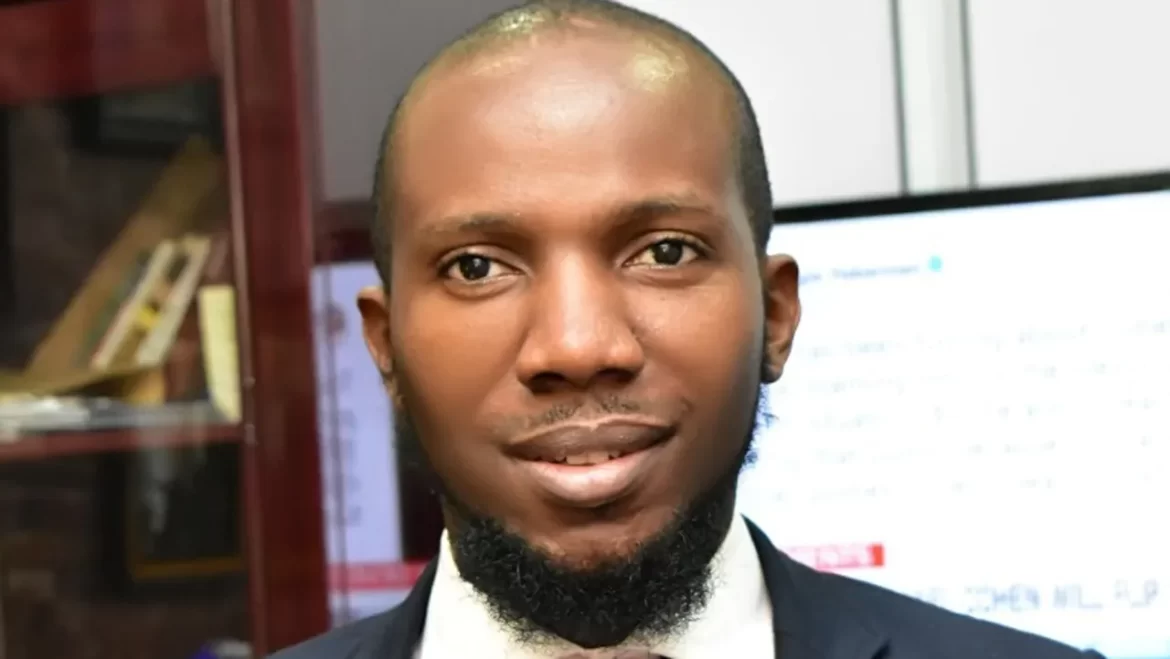758
By Oscar Okhifo
Human rights lawyer, Inibehe Effiong, has criticised President Bola Tinubu’s recent decision to grant presidential pardon to certain convicted persons, describing it as a move that will embolden criminality and weaken Nigeria’s justice system.
Effiong, who spoke on the development, said although the President has the constitutional power to exercise the prerogative of mercy under Section 175 of the 1999 Constitution, the manner in which it was applied in this instance raises serious moral and legal concerns.
“The President has the power to grant pardon, but that power must be exercised with utmost discretion and sensitivity to justice,” Effiong said.
“When individuals convicted of heinous crimes are granted pardon without clear justification, it sends a dangerous signal that crime can be rewarded.”
The lawyer warned that Tinubu’s action could erode public confidence in the judiciary and demoralize law enforcement agencies that work tirelessly to secure convictions against dangerous offenders.
He noted that while a presidential pardon legally extinguishes the criminal record of beneficiaries, it also raises questions about the rights and feelings of victims and their families, who may see the gesture as a mockery of justice.
Effiong particularly questioned the inclusion of some controversial names among those pardoned, such as Maryam Sanda, who was convicted for the murder of her husband, and some drug-related offenders.
He asked, “what message does such pardons send to law enforcement bodies like the National Drug Law Enforcement Agency (NDLEA) and the wider public?”
“Granting clemency to convicted murderers and drug traffickers undermines the fight against crime and discourages law-abiding citizens,” he argued.
“It tells society that no matter how grievous your offence is, you might eventually walk free.”
However, Effiong acknowledged that certain pardons, such as those granted posthumously to the late Major-General Mamman Vatsa and members of the Ogoni Nine, were understandable due to the controversial nature of their convictions and the historical context.
Despite this, he maintained that the overall decision lacked transparency and fairness, warning that it could set a troubling precedent for future administrations.
“The prerogative of mercy is meant to serve justice, not to weaken it,” Effiong stressed. “If used carelessly, it can embolden criminals and undermine the rule of law.”
President Tinubu had recently approved the pardon of 175 convicted persons and the clemency of several others following the recommendation of the Presidential Advisory Committee on Prerogative of Mercy.
According to the Presidency, the decision was aimed at decongesting correctional facilities, promoting national reconciliation, and giving deserving inmates a second chance to reintegrate into society.
Officials maintained that each case was scrutinised on humanitarian grounds, particularly for the aged, terminally ill, and those who had shown genuine remorse during incarceration.



